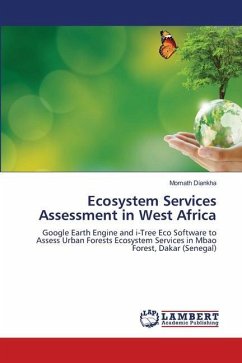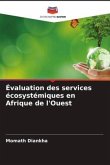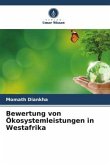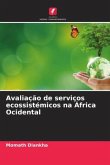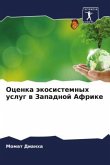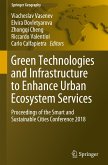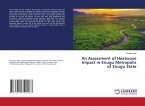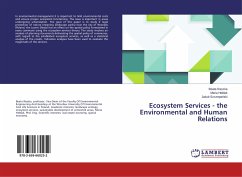Urban trees provide numerous ecosystem services to city residents, including carbon storage and sequestration and air pollution removal. Improving urban air quality has also become one of the most pressing tasks facing policymakers worldwide. Estimating urban tree aboveground biomass has traditionally been based on the use of allometric equations developed for forest trees. The particularity of this study is to use AI to perform these tasks with more accurate results. With Google Earth Engine (NDVI), our findings show that Mbao Forest biomass underwent a net regression from 1.5 Kg/ha in 1988 to 0.8 Kg/ha in 2018. The i-Tree Software showed that the Mbao forest, considering only trees, grossly sequestrated 1,506.43 metric tons of carbon per year with an associated value of CFAF15,547.8 thousand. The carbon stored is 7,892.17 metric tons corresponding to CFAF 813.91 million. Regarding air pollution control, the model estimates that 44,834.78 kg/year of pollutants has been removed from the atmosphere corresponding to CFAF 188,173.91 thousand. The results showed that the i-Tree Eco could be successfully applied to an African case study area to quantify ecosystem services benefits.
Bitte wählen Sie Ihr Anliegen aus.
Rechnungen
Retourenschein anfordern
Bestellstatus
Storno

